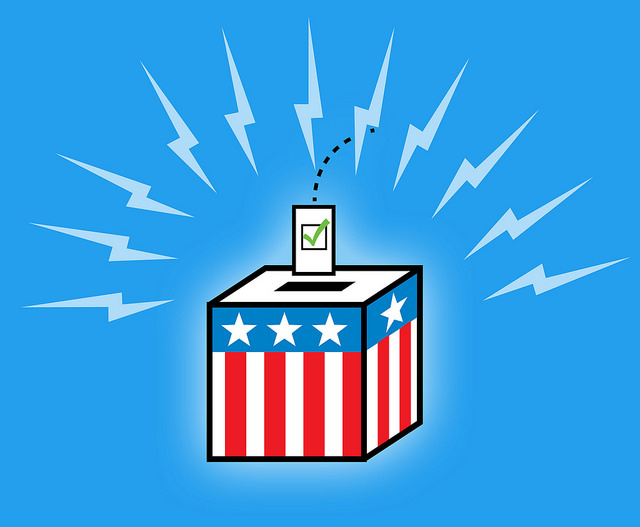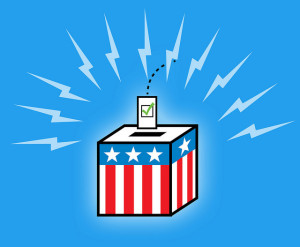Washington’s problems begin at home.
North Carolinians are frustrated by politics and that frustration often turns to apathy when it comes to elections. People look at the leaders in Washington and see career politicians more concerned with keeping their jobs than serving the people who elected them. They look at our state legislators and see people passing unconstitutional voting maps and voter suppression laws in order to hold on to power without being held accountable. People look at gerrymandering and the corrosive influence of money in politics and feel helpless. Unfortunately, this all leads to shamefully low participation in local elections. There is a saying, however, that all politics is local – meaning the politics that most directly impacts our lives is right here at home. Municipal elections are the bedrock of our democracy, yet receive little attention and minimal public discussion. By increasing participation in local politics, we can get elected officials back to serving the people they represent. In order to do this, we must work to increase engagement with three key groups, every single year.
VOTERS: “There’s Voting This Year? For What?”
When speaking with people about why they should vote, I always say that local elections impact daily life much more than state or national elections. The people on the ballot are your community members, and could even be your neighbor. They make laws that determine how we live together in our communities. They make decisions on wages for municipal employees, local jobs, taxes and fees. Local judges and district attorneys decide how our courts apply justice. Elected officials decide on rules for policing, affordable housing, street safety, school funding, inclusive and equitable decision-making, even water and sewer (not a sexy issue, but remember what happened in Flint!). If these things matter to you, it is important to vote in every election, every year.
VOLUNTEERS: “I volunteer in every Presidential Election. Why is this important?”
Good policy and great leaders start at home. Local elected positions are a launching pad for most legislators, governors and even Presidents. What better way to ensure the right people go on to higher office than by working to elect the best and brightest for your local government. Pay close attention to local races, get to know who is running, and make sure your voice is represented. You will be doing our country a service. By making sure local officials are grounded in the community and represent your values, you help ensure good leaders get the experience they need before going on to higher office.
ACTIVISTS: “How do we save our democracy and solve our problems?”
The average turnout in North Carolina municipal elections is 10-15%. Increasing participation, even by small numbers, can have a major impact on election results. Getting dynamic, visionary leaders elected to local office is not only possible, it is necessary. Candidates who run for local seats can also be game changers when it comes to bringing new people into the political process and in creating a vision for their community. As we have seen from calling our Senators and Representatives this year, elected officials typically pay closest attention to constituents who voted for them and who vote every year. If you can say “I voted for you, and I am concerned about…” you will surely get a reply, and could even schedule a phone call or face-to-face meeting.
Now it’s time to go vote! Make sure you know who’s on your ballot, then get involved locally. Find an organization that does year-round civic engagement and support them through volunteerism, financial support, or by sharing their information with others. Lastly, support candidates you believe in and encourage people to get involved in their local government. We can’t fix Washington until we get our own house in order!
Kate Fellman is the Director of The People’s Alliance Fund. Kate developed and oversees the Fund’s non-partisan civic engagement program, You Can Vote. (youcanvote.org).


There are no comments
Add yours